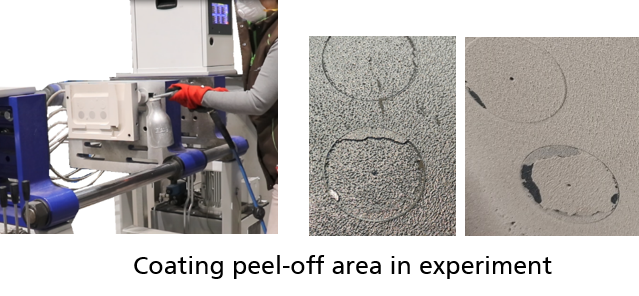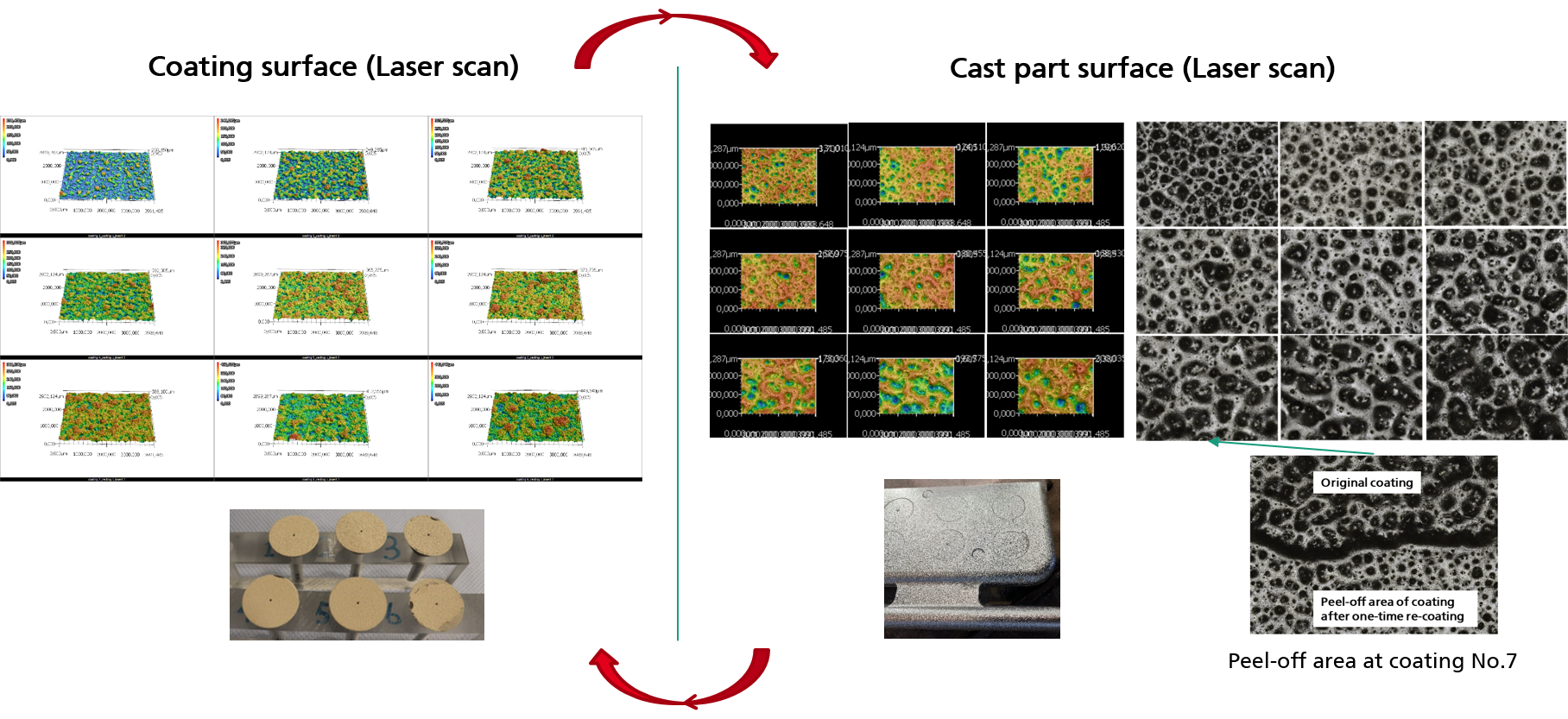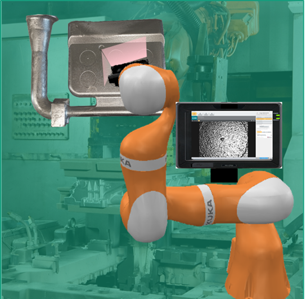Indirect monitoring of the mold finish condition for casting processes
Permanent mold casting is the second largest production process in the casting industry (approx. 350 kt/a). The process is characterized by the molds' high acquisition and maintenance costs.
This makes the mold finish all the more important. In this context, the mold service life plays a vital role with regard to the mechanical quality of the surfaces of castings.




